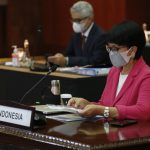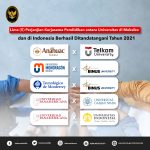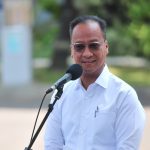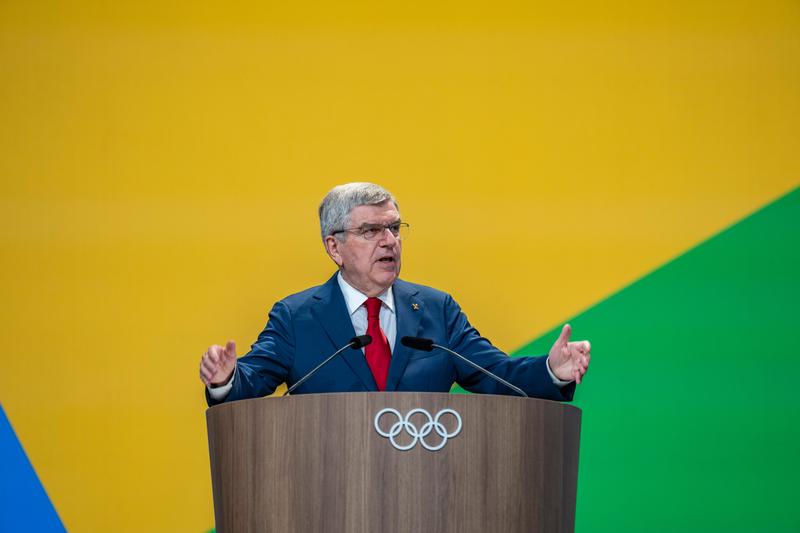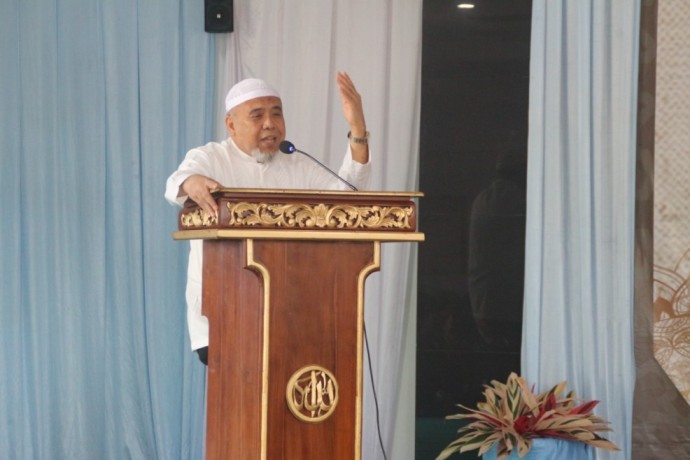Women, disabilities expected to be more involved in development
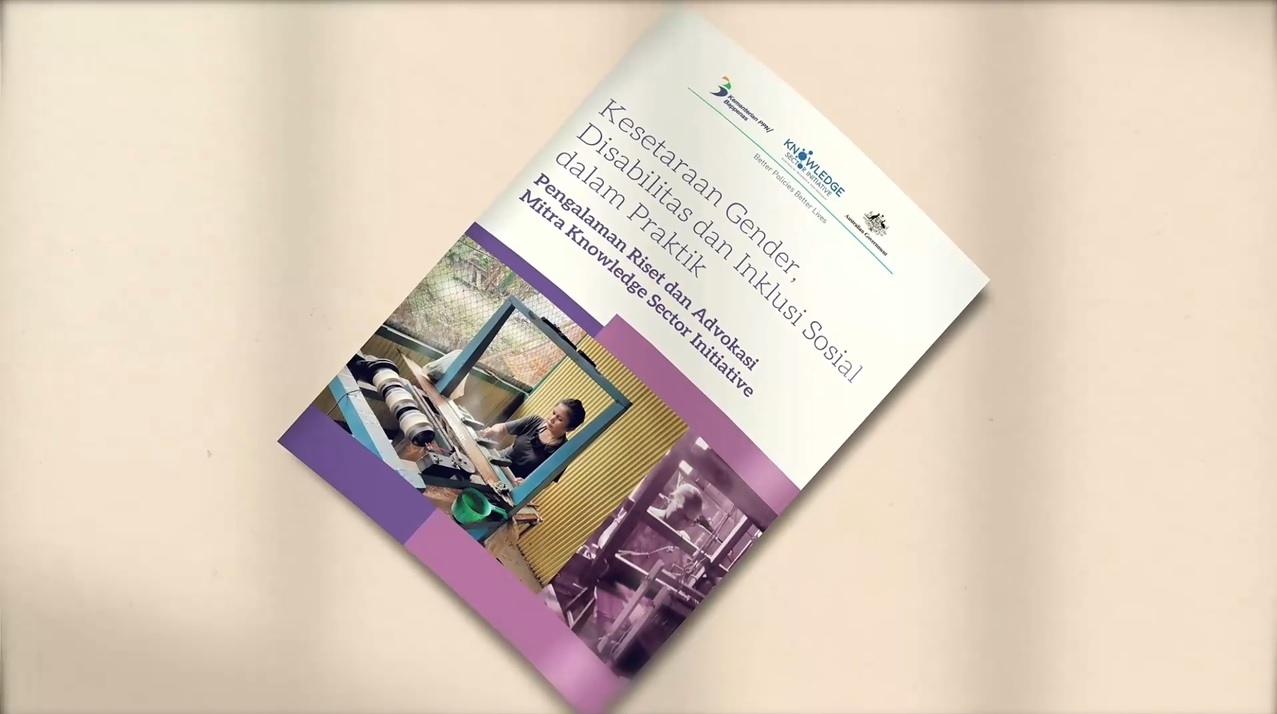
Bogor, W Java (Indonesia Window) – Women and persons with disabilities have so far not been widely involved in the policy-making and development process.
The topic was discussed in a webinar entitled ‘KSIxChange41: Breaking Bias and Realizing Gender Equality’ which was held by the Knowledge Sector Initiative (KSI) on Tuesday (March 8).
The event also launched a book titled Gender Equality, Disability, and Social Inclusion (GEDSI) in Practices.
The KSI is a partnership between the governments of Indonesia and Australia funded by the Australian Department of Foreign Affairs and Trade (DFAT) and implemented in collaboration with the Indonesian Ministry of National Development Planning.
The Minister’s Counselor for Governance and Human Development at the Australian Embassy in Jakarta, Kirsten Bishop, stated that Australia has established gender equality, disability and social inclusion as a cross-sectoral development priority.
“I am delighted to be here with you all to celebrate International Women’s Day 2022 through the launch of the book ‘Gender Equality, Disability and Social Inclusion in Practices’. I believe that this book will be a valuable reference for advocacy for gender equality, disability, and social inclusion in Indonesia,” she said.
She added, without GEDSI sensitive research, as well as strong data and evidence, it would be difficult to find the right solution to overcome problems faced by vulnerable groups, especially in the recovery period after the COVID-19 pandemic.
The book contains 30 stories, highlighting the importance of integrating knowledge into policy by involving vulnerable groups as sources of knowledge and active advocates.
This book provides practical recommendations for understanding how men, women and vulnerable groups have different needs and living conditions, including unequal access to and control over power, money, human rights, justice, resources, and decision-making processes.
Meanwhile, an expert staff on social and poverty alleviation at the ministry, Dr. Vivi Yulaswati, said that the government has made efforts to implement the global and national agenda on the rights of women and vulnerable groups as stated in the Sustainable Development Goals (SDGs).
“Working together is on our agenda in the future to ensure that no one is left behind, by collaborating and localizing the SDGs, bringing together global principles with local values in an inclusive, integrated, and accountable manner, as well as expanding projects that have social impacts to ensuring sustainability, diversity, equality, and inclusion up to the local level,” she said.
Reporting by Indonesia Window

